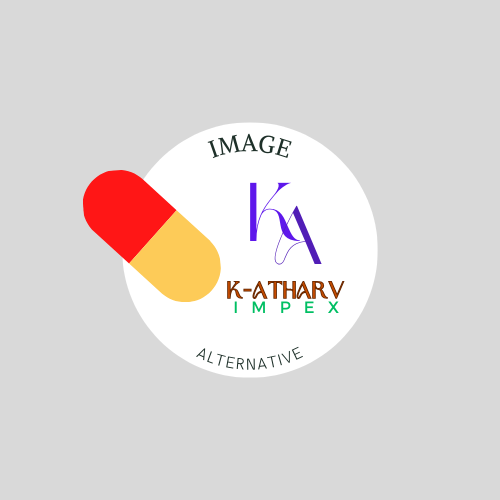- Your cart is empty
- Continue Shopping

Renoque Capsule
Uses of Renoque Capsule
Renoque capsule is used in the following:
- Heart health
- Migraine prevention
- Energy production
- Antioxidant protection
- Statins side effects
- Exercise performance
Introduction to Renoque Capsule
Renoque capsule contains active components called as Ubidecarenone. It is also known as coenzyme Q10 or simply CoQ10, is a naturally occurring compound found in the cells of the human body. This medication is commonly used to support heart health. It may improve symptoms in individuals with heart failure, reduce blood pressure, and enhance the overall functioning of the cardiovascular system. Studies suggest that this medication may reduce the frequency and severity of migraines. It produces adenosine triphosphate (ATP), a molecule that provides energy to cells. It is sometimes taken as a supplement to boost energy levels, particularly by older individuals. Its antioxidant properties help protect cells from oxidative damage and reduce the risk of chronic diseases. It has been investigated for its potential to enhance exercise performance and reduce muscle fatigue.
If you are allergic or sensitive to Renoque capsule or any of the ingredients in this medication, you should avoid using them. It may lower blood pressure. If you are taking medications for high blood pressure, taking them may enhance the blood pressure-lowering effect. It’s essential to monitor your blood pressure. If you have kidney or liver disease, consult your healthcare provider before using it, as these organs play a role in the metabolism and excretion of CoQ10. Before giving this medication to a child, consult a pediatrician or healthcare provider.
Therapeutic Effects of Renoque Capsule
Renoque capsule operates within the body primarily through two key mechanisms. First, it plays a crucial role in cellular energy production by facilitating the creation of adenosine triphosphate (ATP), the primary energy currency of cells. Second, it is an antioxidant, protecting cells from damage caused by free radicals and oxidative stress. These combined actions contribute to its various potential health benefits.
Interaction of Renoque Capsule with other drugs
Inform the doctor about your medicines, including prescription, over-the-counter, nutritional or vitamin supplements, and herbal products. Certain medications may interact with Renoque capsule, reducing effectiveness by causing undesirable side effects
More Information about Renoque Capsule
- Stored at room temperature from 20°C to 25°C.
- Keep away from moisture, heat, and light.
- It should not be frozen.
- Keep away from children and pets.
How to consume Renoque Capsule
Renoque capsule is primarily administered orally, typically in capsules or tablets. When used as a dietary supplement or for various health purposes, it is ingested through the mouth and absorbed in the digestive system. While oral administration is the most common route, there are also topical formulations of this medication for skin applications, but these are less common and serve specific skincare purposes.
Safety Advices for Renoque Capsule
Pregnancy
Renoque capsule is generally considered safe to use during pregnancy. However, it’s important to consult with your healthcare provider before using this medication during pregnancy.
Breast Feeding
Breastfeeding women should consult a healthcare provider before taking Renoque capsule.
Lungs
Renoque capsule is generally not associated with adverse effects on lung health. However, consult your healthcare provider if you have specific concerns or lung conditions.
Liver
Individuals with severe liver disease should consult their healthcare provider before using Renoque capsule.
Alcohol
Moderate alcohol consumption is generally not contraindicated with Renoque capsule use. However, it’s essential to follow your healthcare provider’s advice and consume alcohol responsibly.
Driving
The use of Renoque capsule is not typically associated with impaired driving. However, individuals should always follow their healthcare provider’s recommendations and monitor their response to the medication.
Side Effects of Renoque Capsule
Renoque capsule causes some side effects like all medications, although not everyone will experience them.
Serious
- Allergic reactions
- Low blood pressure
- Interactions with blood-thinning medications
- Interactions with insulin and blood sugar levels
- Interactions with chemotherapy
Common
- Gastrointestinal disturbances
- Insomnia

